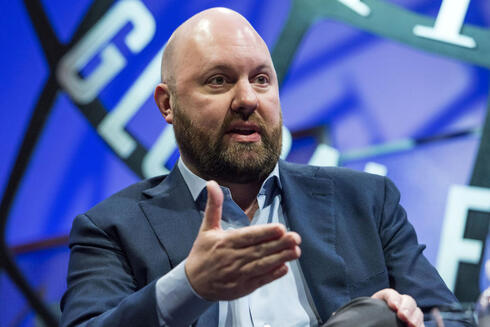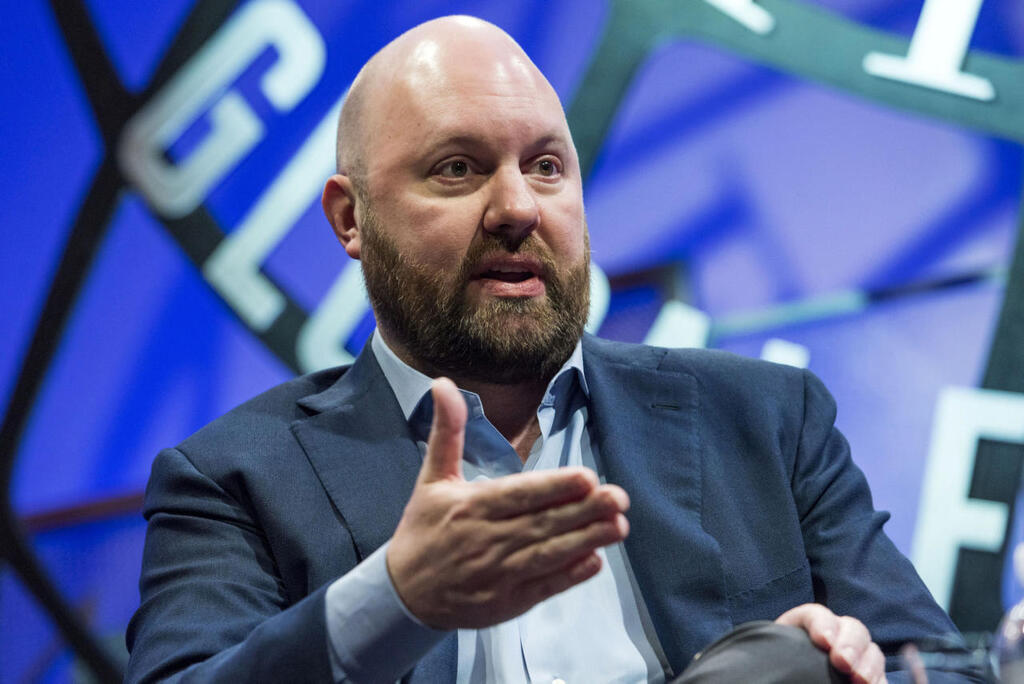
The era of technological gaslighting: Why there is every reason to question Marc Andreessen's vision for AI
“When a seemingly simple concept requires a convoluted 7,000-word explanation, it might not hold true. If the Metaverse appears silly to you, there is a good chance it is indeed so. And if you harbor doubts about the legitimacy of NFTs, you might not be mistaken”
Last week, entrepreneur and prominent investor Marc Andreessen published a 7,000-word post detailing his optimistic vision of a future shaped by artificial intelligence (AI). In this utopian world, every child would have an “infinitely patient, infinitely compassionate, infinitely knowledgeable, infinitely helpful,” AI tutor while adults would benefit from an AI therapist, “infinitely patient, infinitely compassionate, infinitely knowledgeable, and infinitely helpful” that “will be present through all of life’s opportunities and challenges, maximizing every person’s outcomes” in a world “with the machine version of infinite love.”
Andreessen's grandiose claims, however, may strike many as incongruous coming from someone known for investing in NFT trading platforms. This is not the first time the billionaire has released a lengthy text aimed at soothing concerns and promoting the next revolution, using lofty and persuasive language. He’s already done it with housing, crypto, and technology in general. Although anyone can express their views, the problem is that money talks. And we should all take notice of where Andreessen and the like put their money, even if our inner voice harbors doubts. His recent discourse on AI was even mentioned in a special gathering on artificial intelligence by MK Orit Farkash-Hacohen, the chairman of the Science and Technology Committee of the Knesset.
Money coming from tech investors has become synonymous with the "future." Often, any internal resistance or intuition that questions the feasibility of a future or idea is overridden by the influence of those with money. Vast amounts of money held and dispersed by the wealthy are designed to bypass our intuition or "common sense" and propel us toward alternative justifications for what appears to be a clear reality. Numerous examples abound. Throughout the second decade of this century, venture capital investors poured enormous sums of money into startups that defied common sense.
Consider Juicero, a startup that raised $120 million for a juicing machine compared to the next Tesla; Zume, which secured $425 million for trucks that made pizzas on the go; or WeWork, the co-working space provider that amassed $22 billion in funding before turning a profit. Startups aiming to build dog hotels around cities or solve the seemingly pressing issue of smart supermarket trolleys also attracted billions of dollars. We often stood on the sidelines, astounded by how these ventures managed to raise such astronomical sums.
What drove this trend was a concept retroactively labeled the "cult of the founders." It propagated the idea that we were living in an age of unparalleled entrepreneurial energy, led by visionary founder-CEOs with boundless creativity, disrupting established orders. It seemed inconsequential if their ideas occasionally failed, or if they evaded regulation or exploited workers and resources. Vision and growth took precedence, and it became acceptable to "move fast and break things," seeking forgiveness later, if necessary. However, this obsession eventually subsided as numerous genius-founders-turned-crooks emerged, momentarily restoring a sense of normalcy where these individuals were regarded as fallible, mortal beings untouched by divine powers.
The acceptance of their humanity was short-lived, quickly transitioning to the veneration of investors who double as philosophers. The message shifted from the importance of initiating ventures to the significance of belief and investment. Thus, during the crypto boom of 2020-2022, this duality reemerged. Well-established investors with substantial capital offered detailed explanations (in the case of Andreessen) or joyous support (in the case of Elon Musk) for the crypto market, its proposed revolutions, and the rapid release of currencies into the world. However, public skepticism remained constant, with many questioning the revolutionary nature and necessity of the market, regarding it, in large part if not entirely, as a realm of swindlers. Caught between these extremes, the general public found itself drifting toward the middle ground. Intuitive skepticism yielded to a collective agreement that there must be something beyond our comprehension if such vast amounts of money were flowing into these ventures.
Within startup culture, participants often portray themselves as hyper-rational beings, with their activities based on careful deliberation, mathematical calculations, and secret algorithms that elude our understanding. In this framework, we are systematically urged to set aside common sense, reject intuition, and assume that they have accounted for every conceivable consideration. They must possess knowledge beyond our grasp, evidenced by their substantial investments. This phenomenon is commonly referred to as gaslighting in popular culture.
We find ourselves in an era of technological gaslighting, a peculiar time when all the information is laid out before us, yet we are repeatedly told that our knowledge is limited. We are made to doubt what appears natural or self-evident, as if an inner, intimate knowledge prevents us from properly assessing reality. Does it seem unlikely that Mark Zuckerberg envisions a future where we spend the majority of our lives in a virtual existence, rather than the physical world? It may not sound appealing, but his significant investment suggests that "there must be something, and he is probably right." Apple's launch of new virtual reality glasses resembling diving goggles at a cost of $3,500, despite public reluctance to adopt virtual reality technology for two decades? It is Apple, and they will undoubtedly transform this technology from a niche gamer gadget into a revolutionary tool in architecture, work, medicine, education, culture, and beyond. Elon Musk's decision to deploy flawed autonomous driving technology in Tesla, resulting in accidents and injuries? The expectation of a safe product from a manufacturer may be disregarded because Musk has likely calculated all the necessary variables and deemed it worthwhile.
Participating in collective delusion can be enjoyable. It is preferable to be amazed rather than dismiss something as mundane, to believe in magic rather than perceive it as another pyramid scheme. However, when a seemingly simple concept requires a convoluted 7,000-word explanation, it might not hold true. If the Metaverse appears silly to you, there is a good chance it is indeed so. And if you harbor doubts about the legitimacy of NFTs, you might not be mistaken. It does not make you an 18th-century farmer who feared the steam train or a 20th-century urbanite frightened of electricity.
First published: 15:53, 14.06.23














